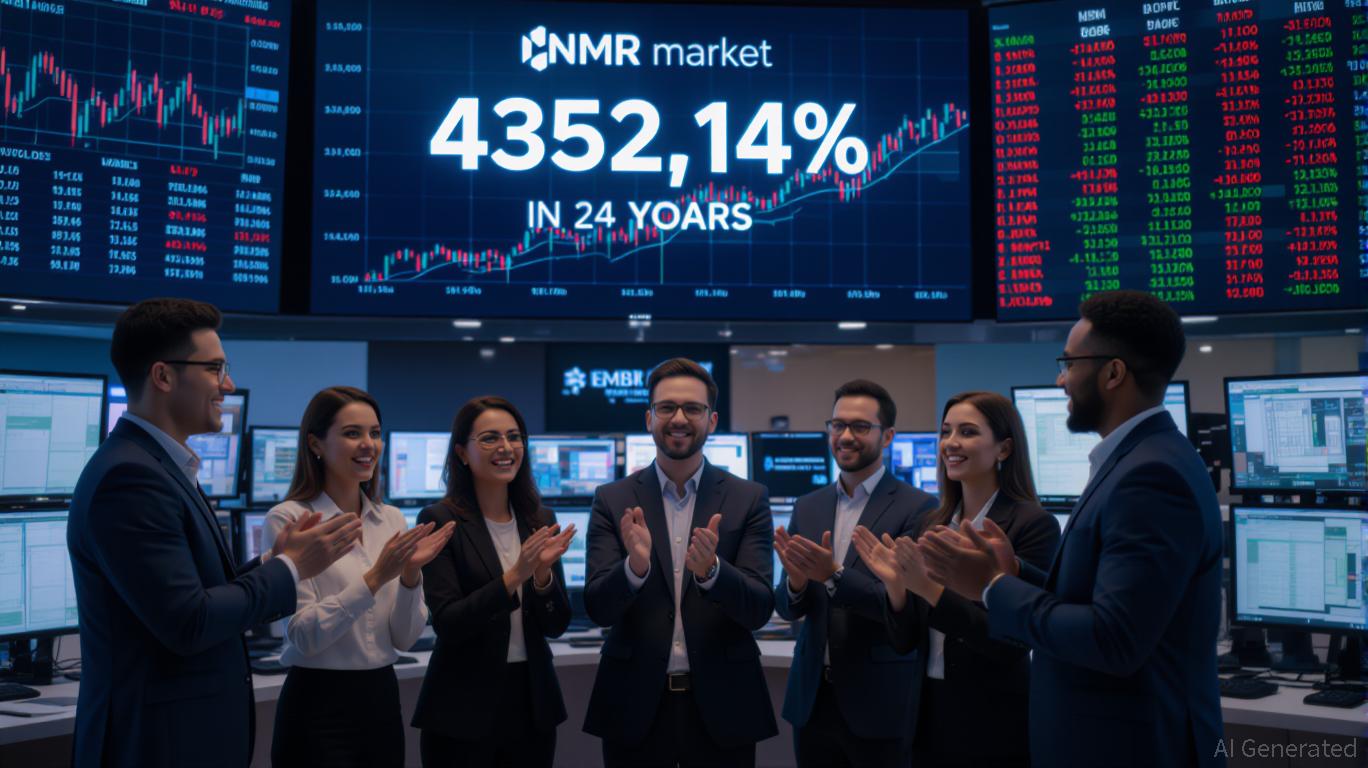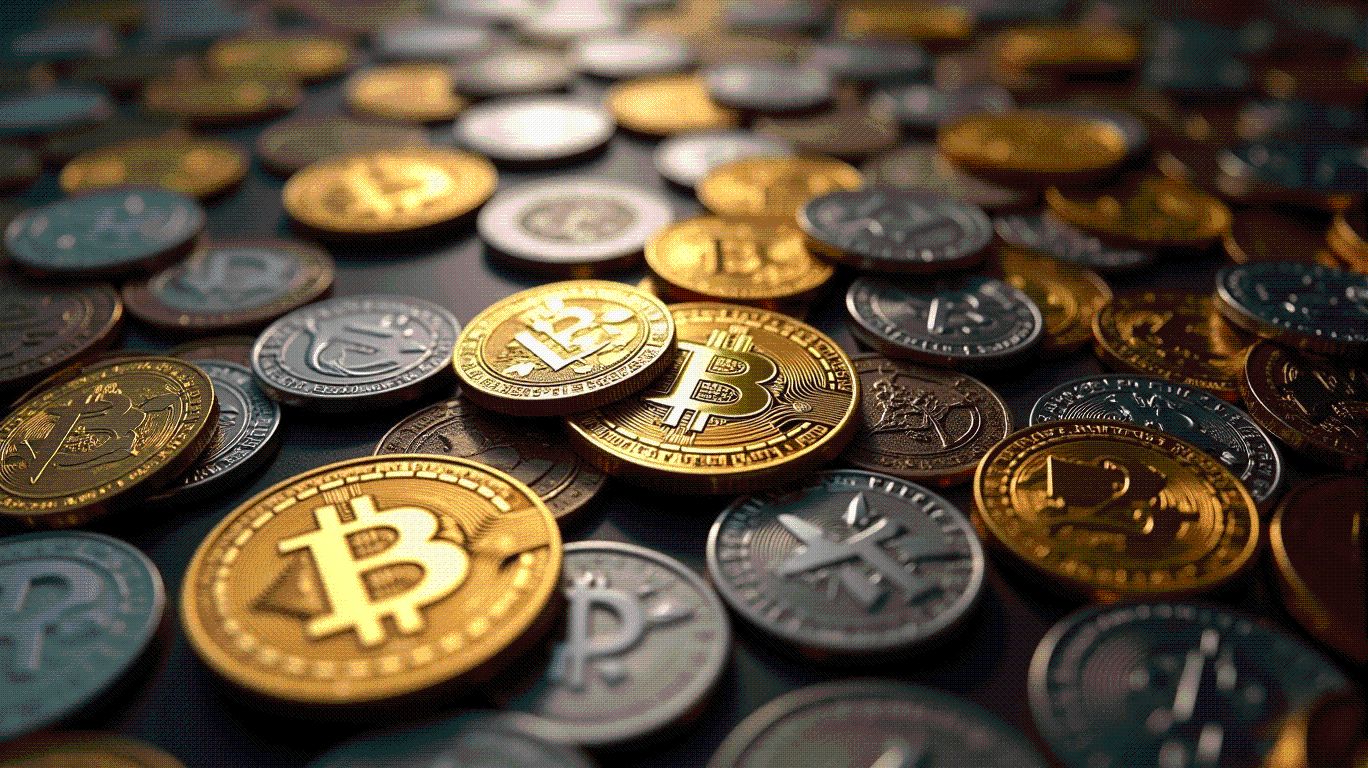Arizona Governor Hobbs Vetoes Digital Assets Reserve Bill Again
- Governor Hobbs vetoes Arizona’s digital assets reserve bill again.
- Stalls potential state-managed crypto fund development.
- HB2324 aimed to allocate seized assets to a reserve.
The veto by Governor Hobbs disrupts Arizona’s plan to create a digital assets reserve fund , affecting potential financial strategies and asset management.
Repeated Vetoes
The veto of House Bill 2324 by Governor Katie Hobbs marks the third time this session she has rejected digital asset legislation. Governor Hobbs expressed her concerns:
“Today, I vetoed House Bill 2324. This bill disincentivizes local law enforcement from working with the state on digital asset forfeiture by removing seized assets from local jurisdictions.”
The bill proposed establishing a digital assets reserve fund using seized assets. Janae Shamp, initially opposing, played a key role in advancing the bill.
Impacts and Future Outlook
The proposed reserve would have consisted of assets from digital seizures, specifically Bitcoin and other cryptocurrencies. The bill faced opposition over concerns of disincentivizing local law enforcement from cooperating on digital forfeitures. The veto stalls any current redistribution of digital assets at the state level.
The absence of this funding shifts potential financial growth strategies, leaving the Arizona economy unchanged in its crypto asset management. Other states, like Texas and New Hampshire, move ahead with crypto reserves. As a result, Arizona maintains a more conservative stance on integrating digital currencies into state financing.
With previous similar proposals vetoed, Arizona demonstrates a reluctance to adopt digital assets at a state level amid shifting national trends toward crypto acceptance. This decision may influence future regulatory approaches by highlighting the challenges in aligning state-level policies with evolving market dynamics.
The repeat veto sends a signal regarding Arizona’s position on crypto reserves compared to states advancing such initiatives. Stakeholders await further guidance for Arizona’s approach to digital asset integration, as the outcome affects broader regulatory trends in the crypto landscape.
Disclaimer: The content of this article solely reflects the author's opinion and does not represent the platform in any capacity. This article is not intended to serve as a reference for making investment decisions.
You may also like
NMR +4352.14% in 24 Hours Amid Growing Institutional Adoption
- NMR surged 4352.14% in 24 hours, driven by institutional adoption and NuCypher's privacy-focused blockchain solutions. - Strategic partnerships with DeFi protocols and MPC integration expanded NMR's use cases for secure on-chain transactions. - Network upgrades, staking incentives, and developer activity strengthened NMR's infrastructure scalability and demand dynamics. - Analysts highlight structural growth potential but caution early-stage volatility amid macroeconomic and market risks.

Institutions Can Now Tokenize Real-World Assets to Unlock DeFi Liquidity
- Aave Labs launches Horizon, enabling institutions to borrow stablecoins using tokenized real-world assets (RWAs) as collateral. - The platform combines permissioned compliance checks with open DeFi pools, leveraging Chainlink oracles for real-time pricing and collateralization. - Partners include Centrifuge, Superstate, and Circle, targeting a $26B+ tokenized RWA market dominated by Ethereum-based assets. - Horizon aims to bridge traditional finance and DeFi by enhancing liquidity and transparency for in

Investors Chase Cold Wallet's 3,400% ROI as Presale Surpasses $6.4M
- Cold Wallet's presale surpassed $6.4M with 3,400% ROI potential, selling 754.52M tokens at $0.00998 (vs $0.3517 listing price). - Unique fee-refund model eliminates gas fees and rewards users per transaction, contrasting staking-based incentives in other wallets. - Plus Wallet integration added 2M users, while rising token prices in staged presale create urgency for early investors. - Outperforms Tron, Toncoin, and Cardano in ROI potential despite their institutional backing and market presence.

XRP: The Quiet Disruptor in Digital Finance
- SEC's August 2025 ruling cleared XRP as non-security, enabling institutional adoption and triggering $1.3T in cross-border transactions via Ripple's ODL service. - XRP's utility in high-cost corridors (e.g., €10M transactions settle in 6 seconds for <$0.01) and RLUSD stablecoin integration attract J.P. Morgan and 60+ firms to build XRP reserves. - Seven ETFs targeting $8.4B in inflows by October 2025, plus CME XRP futures ($1.6B open interest), signal maturing institutional demand and reduced volatility.
